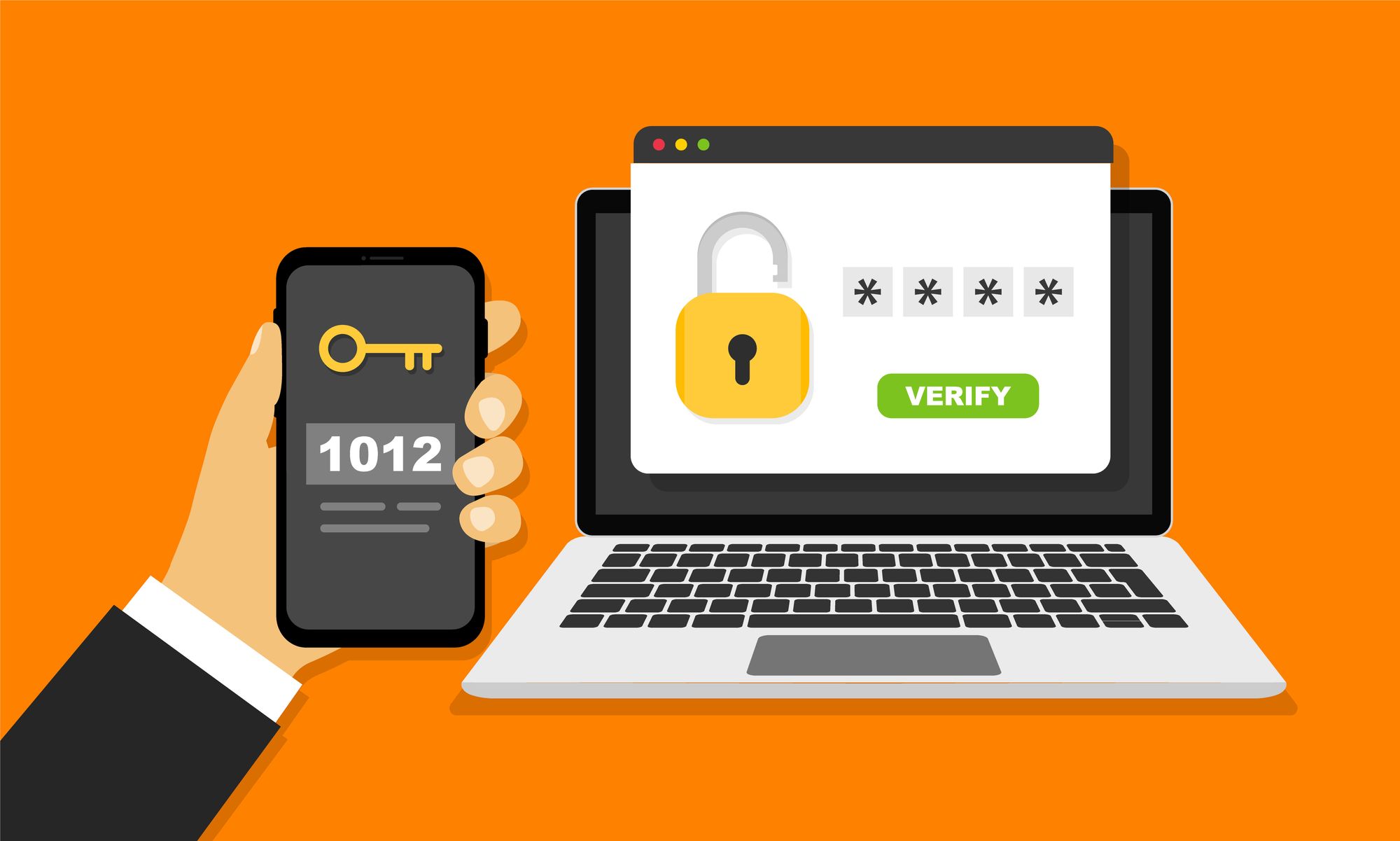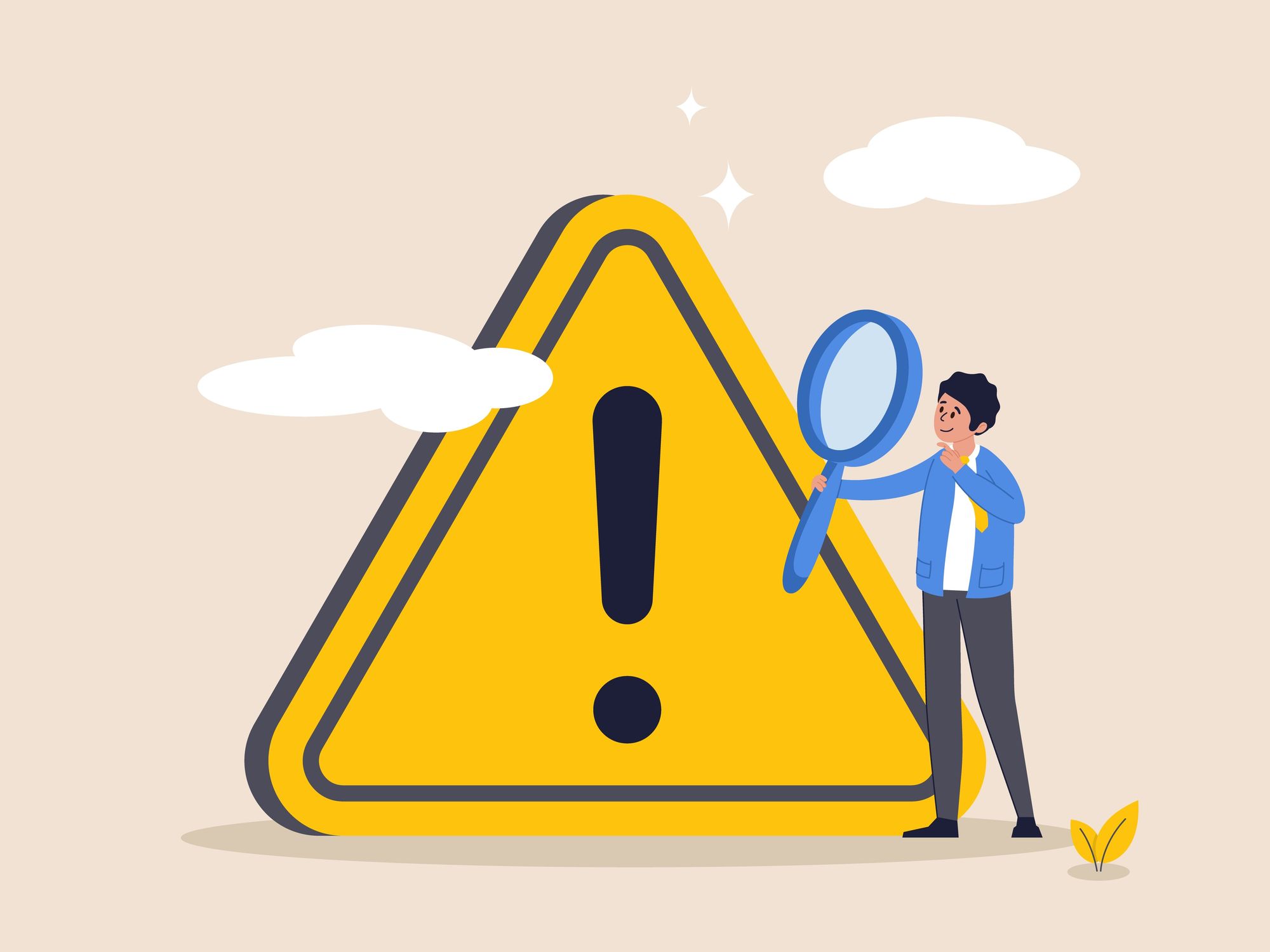Why Hackers Target Small Businesses

Small businesses face more cybersecurity attacks with a greater risk of loss than big enterprises. Threat actors, such as hackers, often target small businesses because it is easy to exploit their vulnerabilities.
The focus on targeting small businesses can be attributed to the following reasons:
Weak Cybersecurity Posture
Most small businesses have poorly defined cybersecurity strategies, and some lack policies, safeguards, and controls to deal with cyberattacks. A significant percentage of small businesses also lack a well-defined cybersecurity leadership role.
It is common to find these businesses with outdated software, unencrypted sensitive information, weak access controls, and a lack of intrusion detection and prevention systems.
In general, small businesses are not well prepared to deal with cyberattacks and often review their cybersecurity posture after a cybersecurity incident. Without a robust cybersecurity posture, small businesses are like sitting ducks. They are vulnerable to attacks, and hackers have multiple weak points to infiltrate their systems.
Little or No Cybersecurity Budget
Small businesses allocate a low budget to cybersecurity. Unlike large organizations, cybersecurity in small businesses doesn’t impact revenue and is viewed as a liability. Thus, most small businesses will not invest in security strategies, cyber-policies, and related technologies.
Others do away with cybersecurity leadership because expert cybersecurity services are expensive. This leaves small businesses with little or no cybersecurity management at all.
To save on resources, small businesses may not offer adequate cybersecurity training to their employees. As a result, employees are vulnerable to cyberattacks such as phishing.
Since human error accounts for most data breaches, small businesses always fall victim to cyberattacks related to data and sensitive information. The cybersecurity budget issue in small businesses usually manifests in a weak cyber security posture. Hackers will always take advantage of this situation and exploit the small business sector.
Access to Big Enterprises
Hackers attack small businesses to gain access or to compromise other interconnected systems, such as large organizations. The supply chain of big enterprises consists of small businesses at various points. These small businesses are usually vendors, distributors, suppliers, payment processors, logistics providers, and more.
Big enterprises use sophisticated supply chain management solutions and advanced cybersecurity measures to protect their processes, services, and goods. Hackers are very aware of this; thus, they target small businesses with poor cybersecurity strategies to get to the big enterprises.
When attacking large organizations, hackers and other threat actors also use small businesses to conceal their activities. Sometimes, small businesses are used as bots to propagate a wide-scale cyberattack instead of providing a gateway. They are used as collateral damage during these attacks since they are not the target.
High Chances of Paying Ransoms
Small businesses lack a proper cybersecurity response plan in place. Most don’t have backups, incident specialists, or other ways of mitigating cyber risks and ensuring business continuity. Cyberattacks such as data breaches or ransomware often have a high chance of putting small businesses out of the market.
Hackers usually demand ransom or threaten to sell/expose compromised data and other sensitive details. The latter can damage the reputation of a business and can lead to other devastating consequences.
Unlike big enterprises, small businesses lack the resources and means to get back their data from hackers. Additionally, most small businesses find it hard to recover from a cyberattack. Left only with a few choices, small businesses opt to pay ransom in hopes of getting operational as soon as possible.
Therefore, it is lucrative for hackers to target small businesses frequently since the likelihood of getting paid is high.
Valuable Data and Resources
Data is the driving force of the ever-evolving digital era. Small businesses deal with data from various sectors such as retail, finance, healthcare, advertisement, recreation, education, entertainment, and so much more.
The data comprises personally identifying information and other sensitive details worth a payday to hackers. Besides asking for ransom, hackers usually sell a chunk of this sensitive data on the dark web for a quick hefty sum. Other hackers opt to use the sensitive information for further gains, such as fraudulent purchases or propagate other attacks, such as identity fraud.
Hackers that target large organizations will mostly use small businesses’ IT infrastructure and resources as stepping stones. They may use the infrastructure as a gateway to other organizations or carry out disruptive attacks.
Conclusion
Small businesses without an effective cybersecurity strategy continue to be easy targets for hackers. With the ever-evolving cyber threats, small businesses need to invest and manage cybersecurity or outsource better defenses to protect their business operations.



